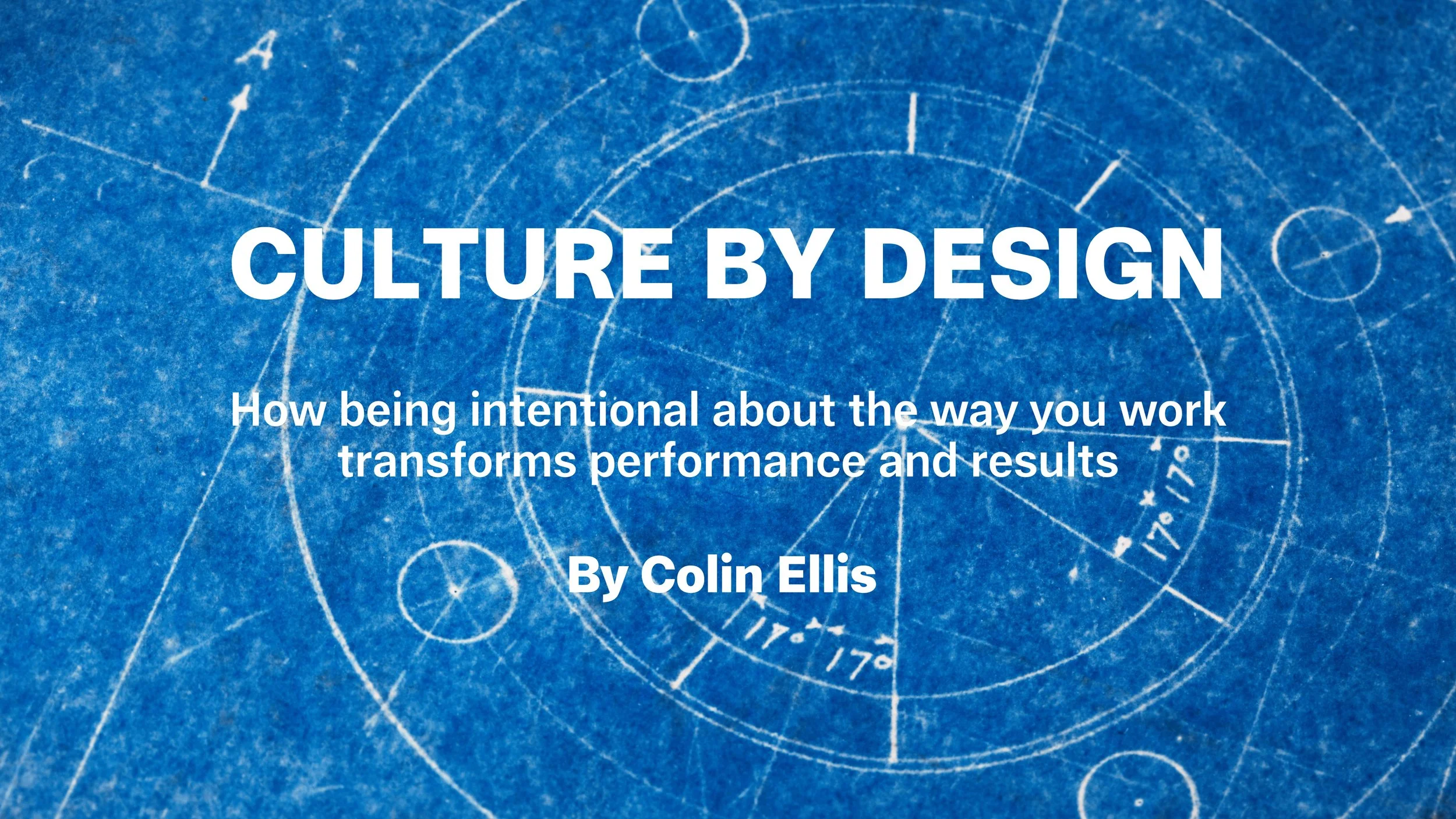Be an optimistic realist
Yesterday was my 56th birthday (I know, I can’t believe it either!)
I have changed immeasurably since I left that schoolboy behind. Different jobs, different companies, different sectors, different clothing styles, different haircuts in different countries.
Yet one thing has never changed. As long as I can remember I’ve always been an optimistic realist.
I've always been uncomfortable with the forced choice between optimism (‘Be positive!’) and realism (‘That’ll never work!). It's a false dichotomy and one that workplace cultures suffer from daily. You're either the perpetually positive leader who ignores problems, or the hard-nosed realist who crushes spirits with every conversation.
Both approaches create unhealthy and unproductive cultures and in reality, neither works.
Being an optimistic realist means holding two truths simultaneously: acknowledging what's broken whilst believing it can be fixed. It's not about splitting the difference between perpetually wearing rose-tinted glasses and publicly doom-mongering, it's about seeing clearly and acting purposefully.
When you're an optimistic realist in the workplace, you don't hide problems from your team. You name them, frame them, and then focus collective energy on solving them. You're the leader who says, ‘Yes, we missed our targets. How can we work together to address them and emerge stronger?’
I've seen cultures transform when their leaders shift from pure optimism to optimistic realism. Instead of feeling manipulated by false promises or deflated by constant negativity, team members become co-creators of their conditions and solutions.
Being an optimistic realist in my work means I can discuss toxic workplace cultures without becoming cynical about change. I can acknowledge that the response to most employee engagement surveys is toothless whilst still believing organisations mean well and can create vibrant cultures where people matter.
I don't minimise their challenges, but I also don't accept that toxicity or poor performance is inevitable.
I won't pretend this approach isn't exhausting. Some days, after hearing another story about workplace harassment, the realist in me wants to surrender to cynicism, rather than maintain the belief that behaviour and performance change is possible.
But reaching one person and helping them see that the false choice between blind optimism and defeating realism doesn't have to define who they are, makes the exhaustion worthwhile. Because I know that person will reach another, and another. Culture change happens one converted optimistic realist at a time.
That's what keeps me going: the knowledge that balanced thinking is contagious, and workplaces desperately need the infection! So when people ask me, ‘What’s one thing I can do that will make a difference?’ My answer is almost always ‘Be an optimistic realist.’



